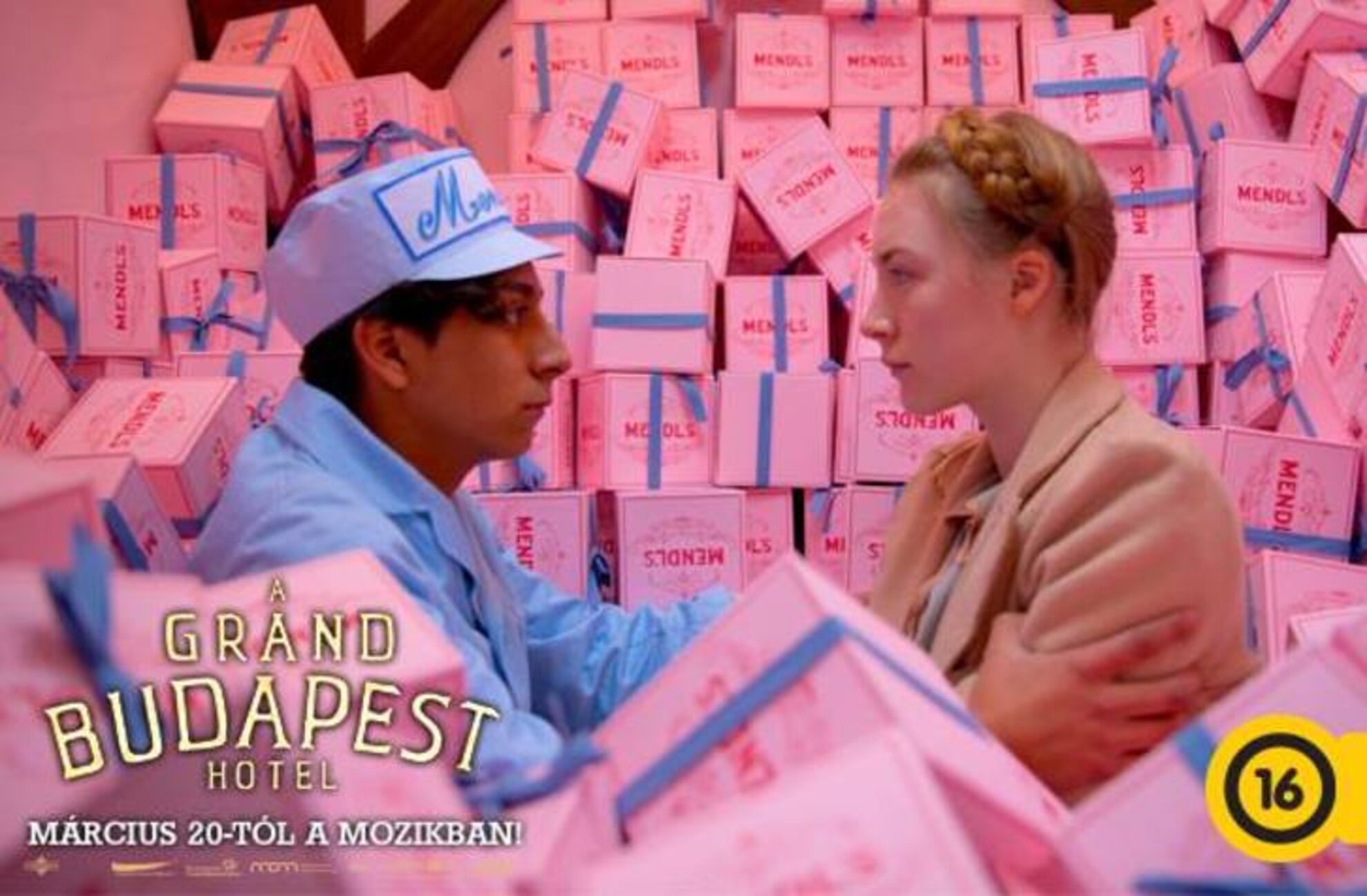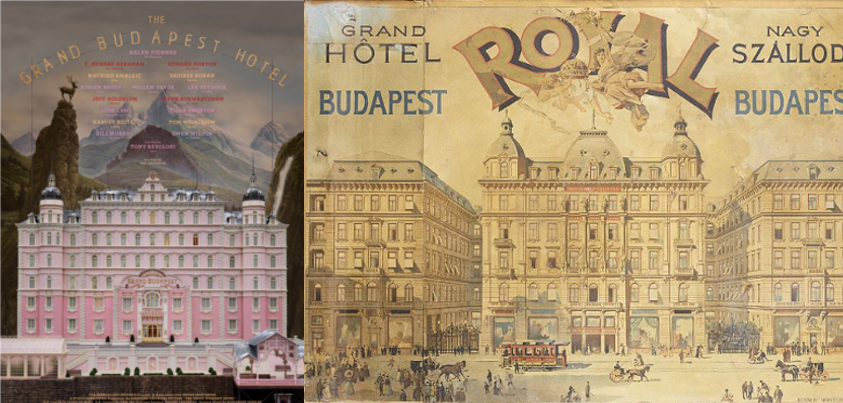Wes Anderson's new film became an instant hit in the past few weeks, and not only because it features A-list superstars like Ralph Fiennes, Bill Murray, Tilda Swinton, Edward Norton, or Harvey Keitel, but also because it shows that even a complicated story can be an entertaining piece of cinema capable of impressing even the cruelest critics. The story that takes place in a fictional world was inspired by Stefan Zweig's works, and its central element - surprisingly - is the Grand Budapest Hotel, which is almost the exact copy of today's Corinthia Hotel Budapest. We already knew this, but now The Telegraph also stumbled upon this discovery.
Hungarians are somewhat offended by the fact that Wes Anderson shot a film entitled Grand Budapest Hotel without showing Budapestian spectacles such as Heroes' Square even once. The reason behind the negligence of the Hungarian capital is simple and logical: the film takes place in the country of Zubrowka, and Hungarians are only represented by attorney Vilmos Kovács. But most movie-goers couldn't care less about such petty matters, and rather concentrate on the film itself, which features Ralph Fiennes in the funniest role of his career, for which he won a Silver Bear Award in Berlin.
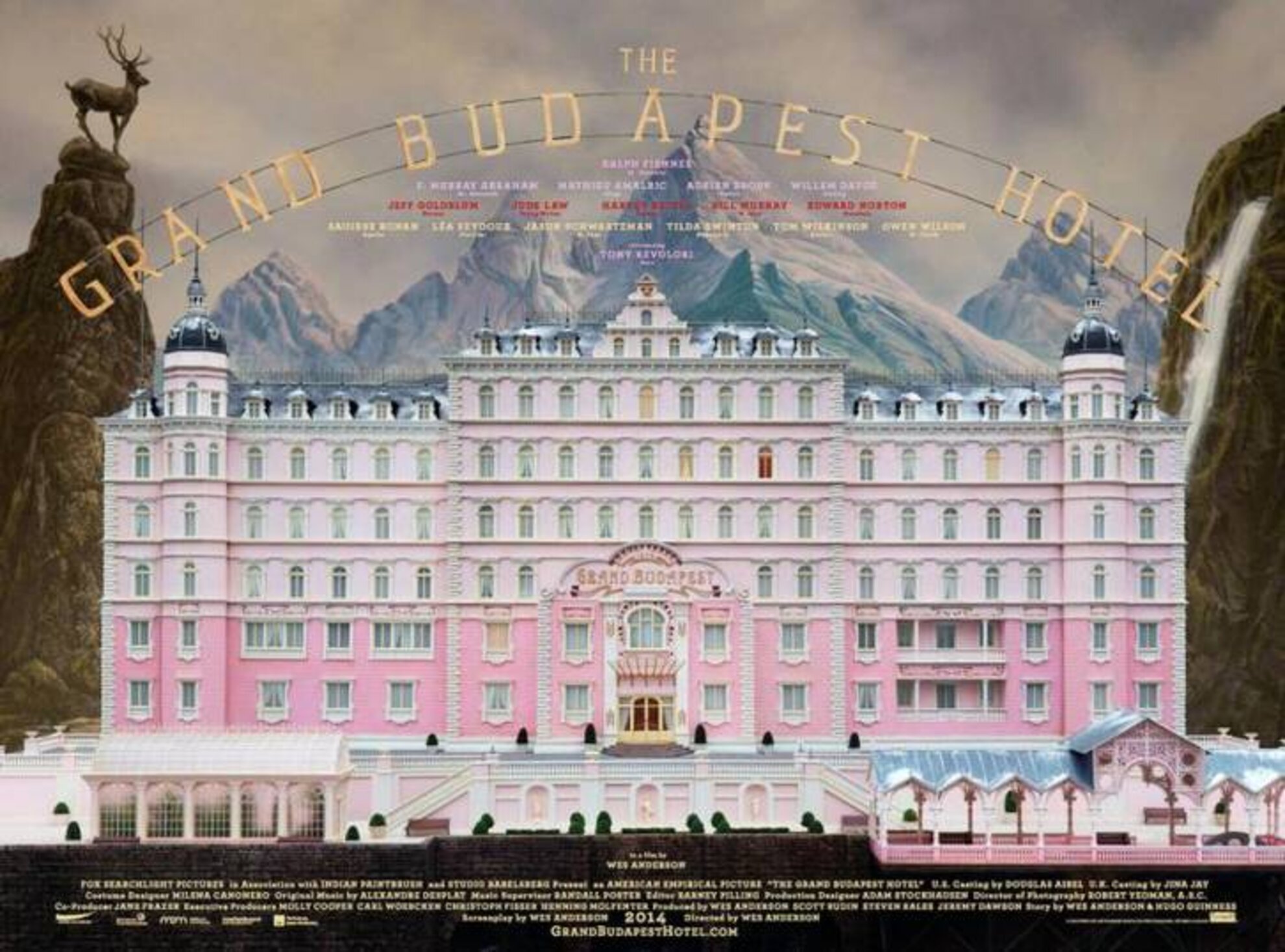
The Telegraph's journalist also couldn't understand what Budapest is doing in the film's title when it could be Grand Hotel Zubrowka, which would sneakily advertise the Polish vodka industry. This thought captured his' imagination so much that he went on to write three articles about it.
Adrian Bridge, with thoroughness that puts Alex Gibney and Michael Moore to shame, discovered that the film's hotel is an almost exact copy of Corinthia Hotel Budapest, which is located on the Grand Boulevard just a few steps away from Király Street. But the investigation didn't stop here: he summed up the hotel's somewhat complicated history, just like we did once upon a time after taking a tour around the presidential suite. Bridge mentions the hotel's 1896 founding, the cinema hall, the pre-WWI golden age, the silver age between the two World Wars (when the film is set), superstar guests such as Vaslav Nijinskyj and Josephine Baker, the 40s Gestapo base, the '56 revolution, and the dreaded socialism when it accommodated guests such as Mikhail Gorbachev. He also mentions how the hotel didn't survive the regime change and was closed down and left to rot from 1991 until 2003, when the Pisani family bought and revamped this precious piece of Budapestian history and put it back on the map of five-star luxury hotels.
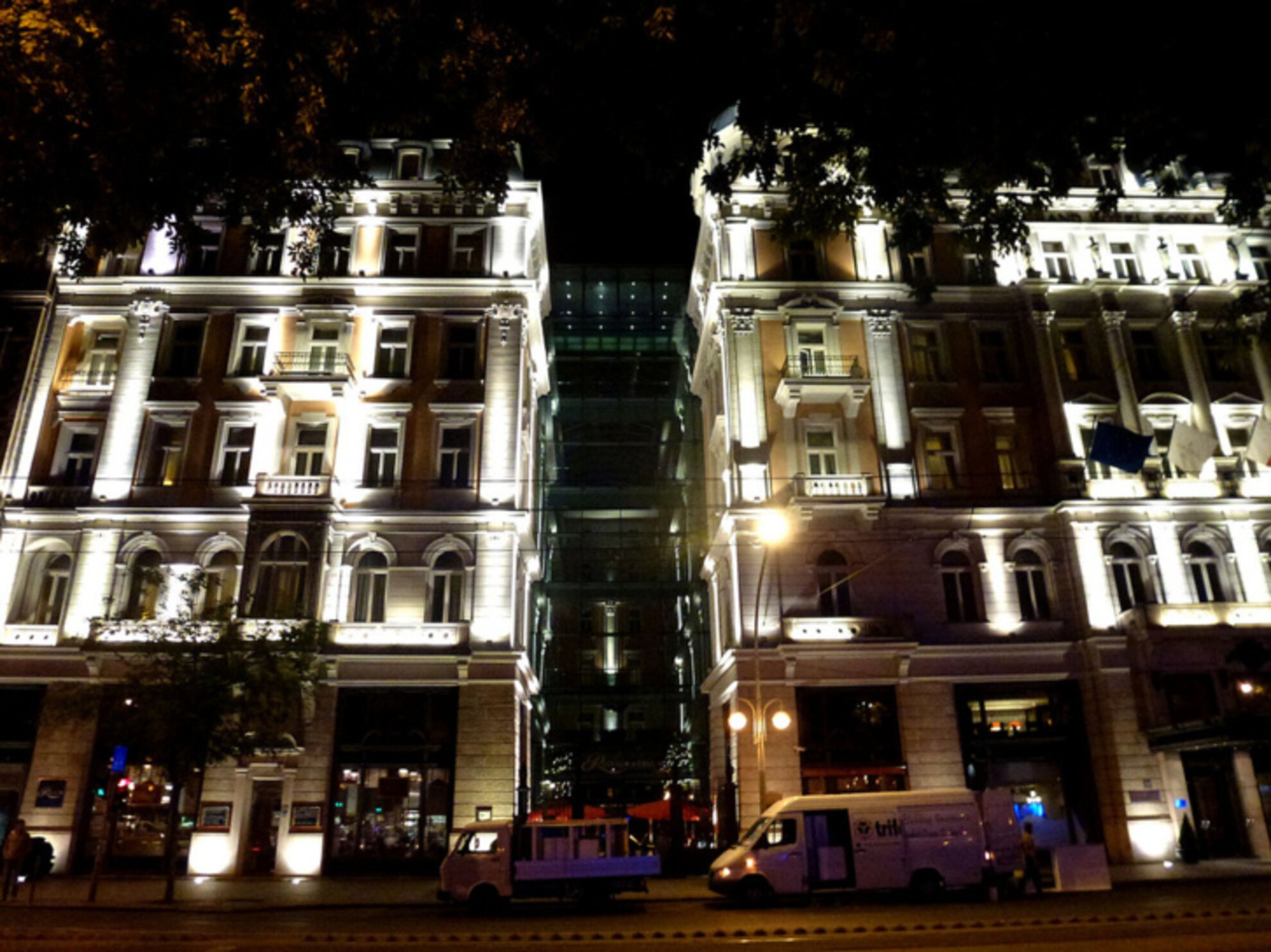
But let's leave the past where it belongs and rather concentrate on the present, especially because it's much more intriguing to hear the stories of Tamás Ungár, who played Gustav H. in the movie and works as an actual concierge in today's Corinthia Hotel Budapest.
The gist of his job is to be a jack-of-all-trades butler who's prepared to handle the toughest and most ridiculous situations, thus the number of bosses he has equals to the number of guests residing in the hotel.
" No matter how impossible it sounds, we never like to say no to a request. And when we do say yes, we do so without hesitation. Guests have to feel that we can deliver; they wouldn’t stay if we didn’t" - Ungár told The Telegraph.
To satisfy our curiosity, he shared some of the not-so-ordinary requests with us. Once a newly-engaged couple asked for a hundred roses to be delivered to their room at midnight, with the additional request that the flowers should arrive within an hour. Another guest wanted to have a role in that night's performance in the State Opera, and even though his name wasn't Plácido Domingo, his wish was still granted. It wasn't only rich people's crazy requests that had to be dealt with: an American lady asked the staff to help find her younger sister, who did not emigrate overseas at the time of the communist takeover. As a proof that fairytales sometimes do come true, the investigation was successful, and after 40 years, the sisters rejoiced in the hotel's café.
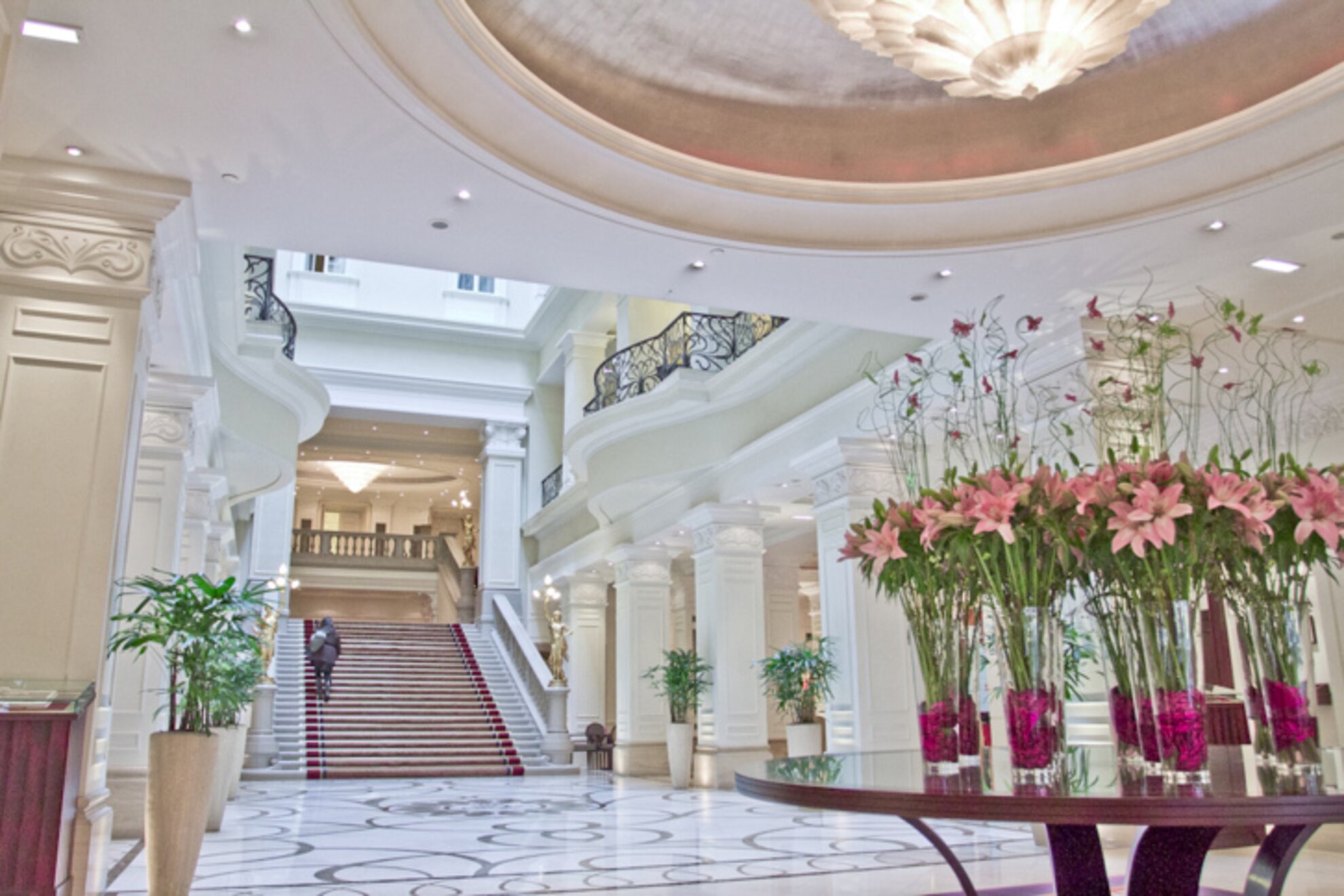
In another article, Adrian Bridge asked Márta Andrási, the concierge of Four Seasons Hotel Gresham Palace, to outline the palace's history. This wasn't a difficult request, since one of the guests, a man, once asked for a special morning alarm for his girlfriend: a waiter dressed as a hussar woke her up with a trumpet, and then, when the girl was still in complete shock, the man asked for her hand. Naturally, she said yes.
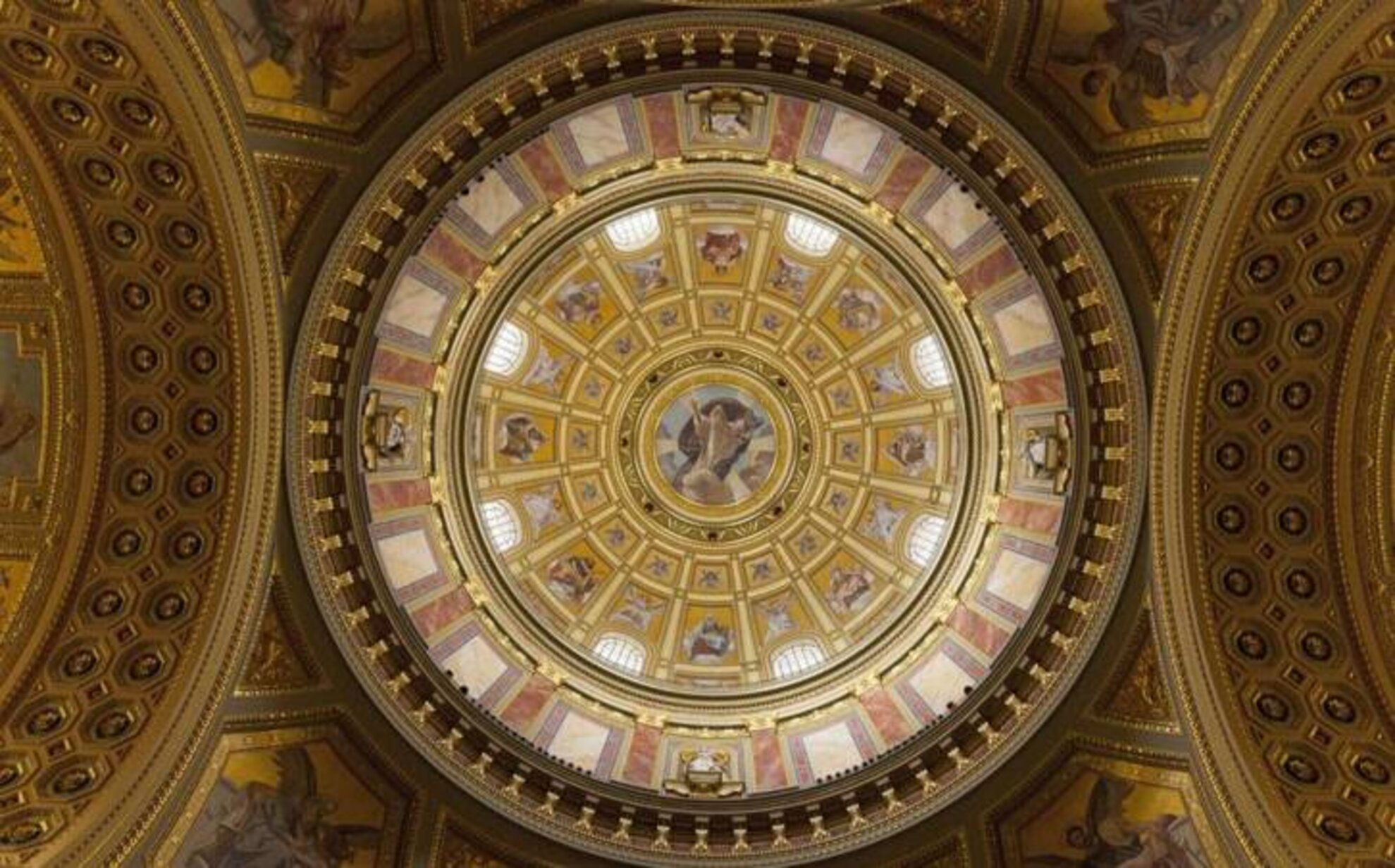
The third article is a somewhat longer interview with another concierge along with Márta Andrási and
Tamás Undger: LórántMolnár-Fritsch from Broscolo Budapest. The British journalist asked him 14 questions, with some of them being boring clichés such as "which are the best restaurants". If the interview had been done two weeks later, we're sure that Borkonyha (awarded with a Michelin Star in the recent weeks) would've also been mentioned next to Onyx and Costes. Molnár-Fritsch also mentioned a few places that he thinks should be avoided. According to him, Memento Park is too far away and Citadella is always unpleasantly crowded.
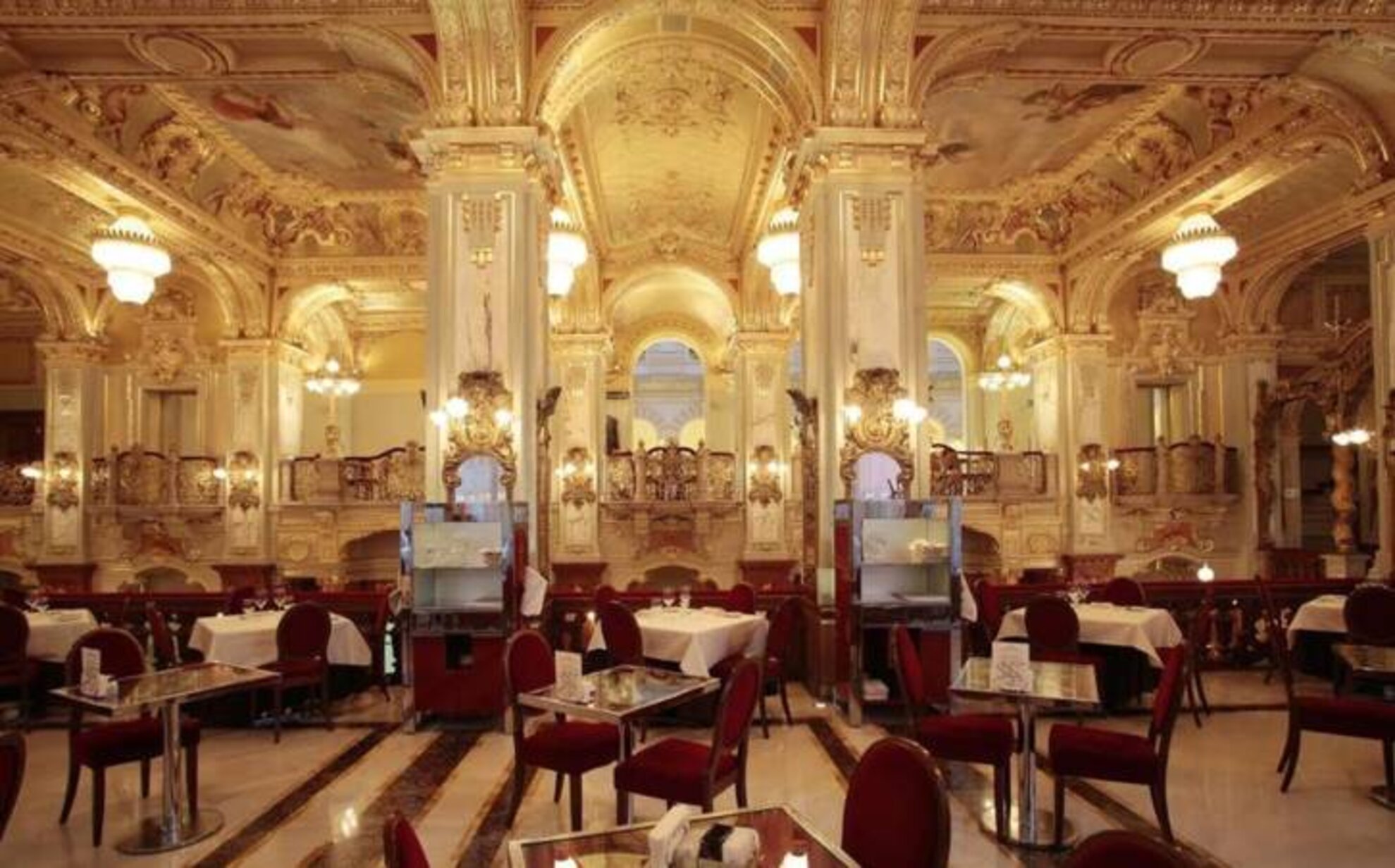
They also mention some surprising things like how Városliget's thermal water contributes to the fertility of Budapest Zoo's hippos, and that there's a VIP section on top of Széchenyi Bath offering special massages and other exclusive wellness services. When listing the best bars, Kiosk and Boutiq'Bar were the ones to get a heads up, along with DiVino at St. Stephen's Basilica.
Naturally, Széchenyi and Veli Bej can't be left off the list of must-see places and neither can New York Café, the Museum of Fine Arts, and Spíler. Budapest isn't a popular holiday destination because of either Wes Anderson's film or the increasing number of A-list Hollywood stars roaming between the Buda hills and Korda Film Studio.
